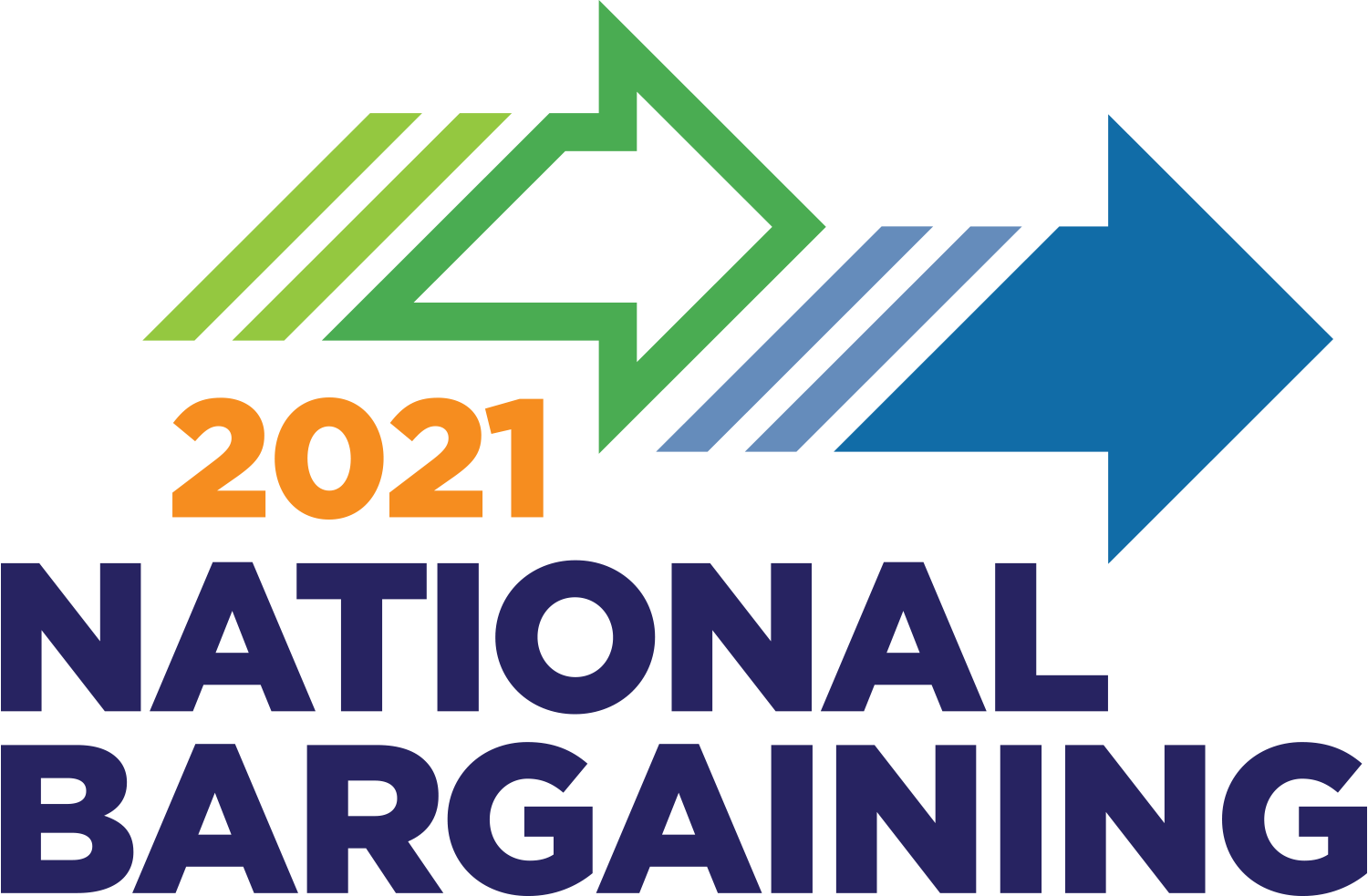Hank Winter 2015
See the whole issueSightseeing? Making a Major Purchase? Try IBPS.
Pam Brodersen, NP, UNAC/UHCP
After helping negotiate four National Agreements, the interest-based process has become a way of life for a nurse practitioner
I just used interest-based problem solving (IBPS) while I was at a union convention in Philadelphia. We got five people to rent a car together and go sightseeing on our one day off. So we had to decide what to do in Philadelphia for 24 hours. We brainstormed, then identified the ideas we all supported. We went to Valley Forge, Amish country and the boardwalk in Atlantic City. It worked great.
My husband and I used interest-based problem solving to make a decision about a major purchase recently. I used IBPS to get to “yes.” IBPS is the easiest way to organize your mind. My mind automatically goes to it and that whole process. If a conversation gets confusing, you can go back to the structure provided by it.
Being at a round table with interest-based problem solving is the best way to move health care forward. What we do at the bargaining table with IBPS is great, but we need to do a better job bringing that back to the workplace. We can make it better by having more frontline managers at the bargaining table.
Frontline managers, especially the newer ones, need a sense of the history and commitment of our National Agreement. And frontline managers need more support. There are still problems with backfill, with allowing employees to be involved in LMP activities.
The way we do business at Kaiser Permanente is the Labor Management Partnership, so we need to have those interest-based discussions. I’ve been involved in 2000, 2005, 2010 and 2012 bargaining. I am in awe of the great work labor and management representatives do—and how we can come up with common goals in a nonadversarial manner. I hope we all see it as a value.

